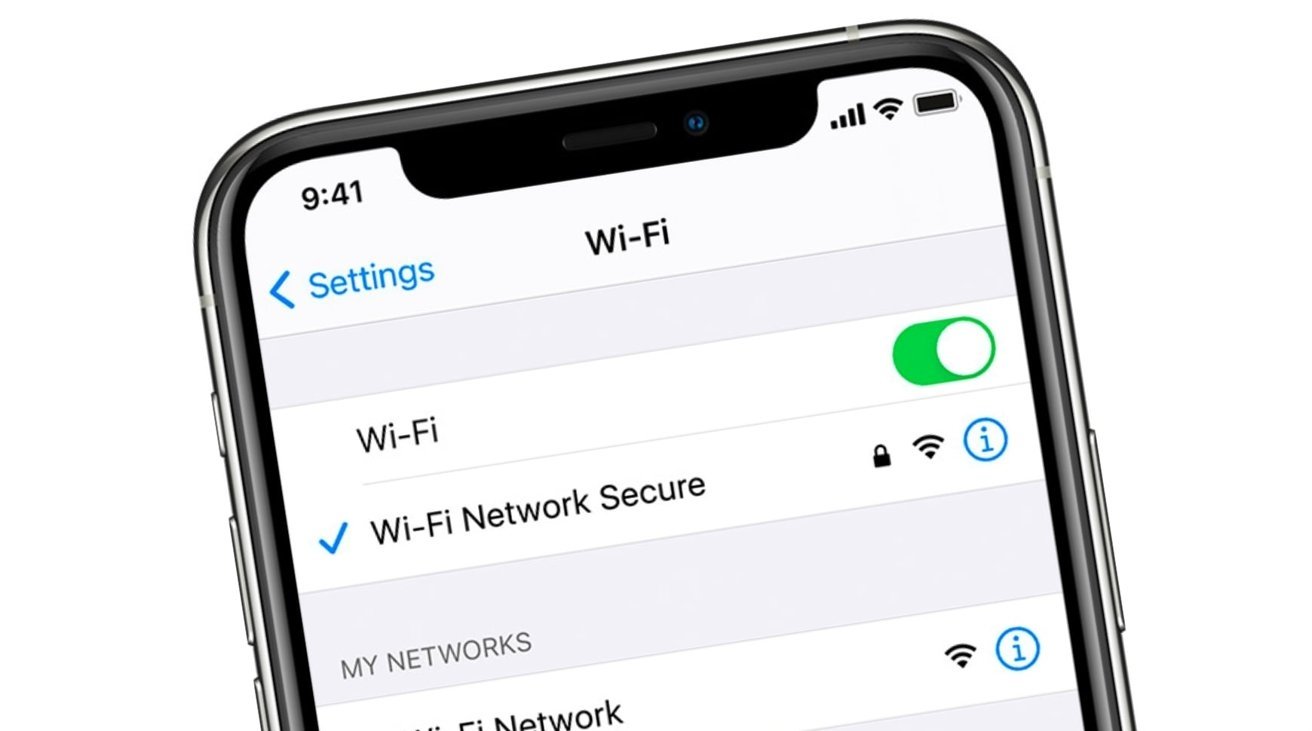A U.S. appeals court has granted Apple and supply chain partner Broadcom a win by tossing out a jury verdict requiring the two companies to pay $1.1 billion for patent infringement.
The California Institute of Technology, or Caltech, sued Apple and Broadcom in 2016 for infringing on several pieces of intellectual property related to Wi-Fi technology. In January 2020, a jury found Apple and Broadcom guilty.
Apple and its supplier then sought to overturn the results of that trial, suggesting that it had been conducted with "multiple legal errors." On Friday, the U.S. Court of Appeals for the Federal Circuit sided with Apple and Broadcom, stating that the $1.1 billion in damages was not justified by the evidence, Reuters reported.
The court has ordered a new damages trial that will reconsider the awarded sum, but not the patent infringement.
In its original lawsuit, Caltech claimed that Apple's iPhone, iPad, and other products infringed on Wi-Fi patents held by the university. Those patents focused on Wi-Fi codes that are meant to simplify encoding and decoding for better performance and data transmission.
Broadcom, a supplier of Apple Wi-Fi chips at the time, was also named in the patent.
Back in 2020, a jury found Apple and Broadcom guilty of patent infringement. As a result, Apple was ordered to pay $838 million and Broadcom was ordered to pay $270 million. An Apple attempt in invalidate some of the patent claims did not pan out.
Caltech, which is based in Pasadena, California, has also sued a number of other technology giants, including Microsoft, Samsung, and Dell.
 Mike Peterson
Mike Peterson








 Marko Zivkovic
Marko Zivkovic
 Mike Wuerthele
Mike Wuerthele
 Christine McKee
Christine McKee
 Amber Neely
Amber Neely
 Sponsored Content
Sponsored Content
 Wesley Hilliard
Wesley Hilliard

 William Gallagher
William Gallagher









8 Comments
What happened to universities doing research for the public good, not for profit?
Everyone wants to score $ for intellectual property, including universities. My former employer went after companies that violated our patents, but usually ended up with cross-licensing agreements, not money.
I'm a bit torn on this issue. >70% of the students, including me back in the day, received various types of intramural scholarships from Caltech, that covered about 80% of my cost. Caltech doesn't have a huge endowment like other big private schools such as Harvard, MIT, or Stanford. And fundamental research is REALLY, REALLY expensive, students' tuition can barely cover the operations cost, and you have to compete with other schools, both domestic and international. So industrial income + donation play an important role in maintaining its competitiveness in cutting-edge research. Caltech is more of a research institute than a university with with close to 3000 graduates and postdocs and only 900 undergrads, and there was even a discussion decade ago to cut the undergraduate program. So I think people should see it as a non-profit, research-focusing organization rather than "philanthropic college". Hopefully they can appeal and win something back from this case.